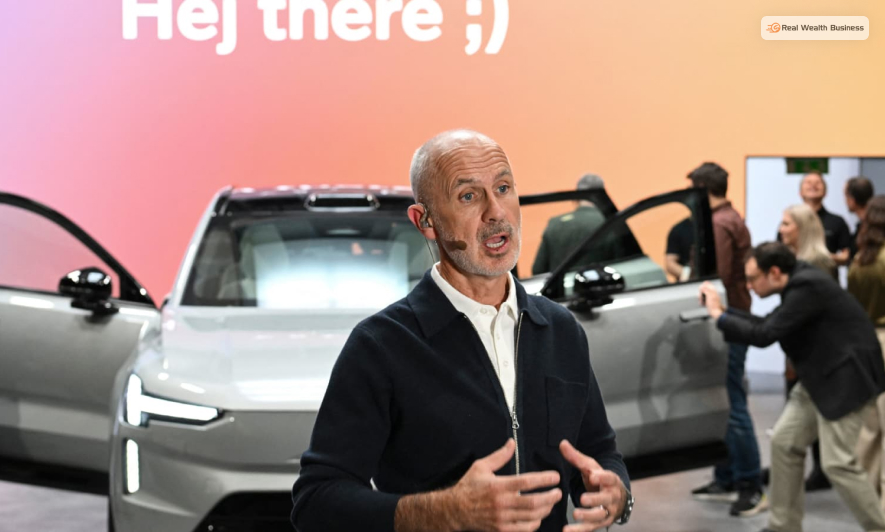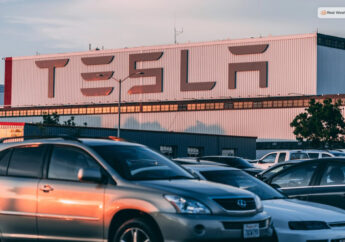Volvo Cars To Use Tesla’s Superchargers, But Said No To Its Autonomous Driving Technology; CEO Explains Reasons
by Abdul Aziz Mondal Business 21 July 2023

- “We’ve chosen that we want to be in full control of our ADAS [advanced driver assistance systems], all the way up to full AD [automated driving] software,” Volvo’s CEO explains.
- The Gothenburg-headquartered carmaker in June said it had signed an agreement with Musk’s organization that would provide access to its electric vehicles to 12,000 Tesla Superchargers.
- The electrification strategy of Volvo Cars revolves around each of its selling cars being completely electric by 2030.
Volvo Cars are not planning on using the autonomous driving technology of Tesla but will be more focused on building its own systems, as per the company CEO.
Back in June, the carmaker headquartered in Gothenburg confirmed inking an agreement with Elon Musk’s organization that they would provide access to their electric vehicles to almost 12,000 Tesla Superchargers in the U.S., Mexico, and Canada.
On Thursday morning, while talking to CNBC’s “Squawk Box Europe,” Chief of Volvo Cars Jim Rowan was interviewed if they mean to use Tesla’s autonomous driving technology in the near future.
“We’ve already made that decision in terms of what we want to control internally, in terms of our technology stack,” Rowan answered.
“And we’ve chosen that we want to be in full control of our ADAS [advanced driver assistance systems], all the way up to full AD [autonomous driving] software,” he further added.
“So we will continue to write that, we will continue to invest in that, and we’ll continue to develop that.”
It is a sign of how the company is planning for its strategy to take place. Late in the last year,
Volvo Cars announced that it had taken over the full ownership of Zenseact, a business that specializes in AD software. After submitting its second-quarter records, Volvo Cars claimed that earnings before taxes and interests were 5 billion Swedish Krona, which is almost $487.5 million in comparison to last year’s $10.8 billion Swedish Krona in the second quarter.
Read Also:



































































































